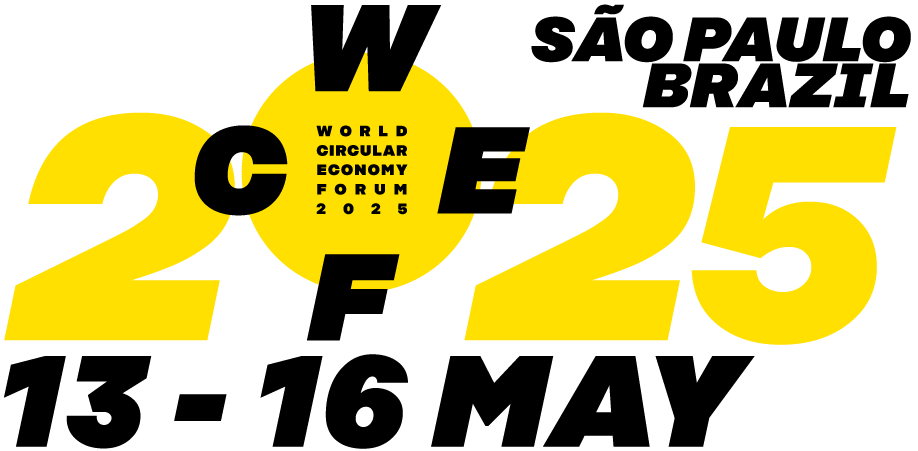Partners
It’s all about collaboration!
WCEF2025 is organised jointly by the Finnish Innovation Fund Sitra and FIESP (Federation of Industries of the State of São Paulo), CNI (Brazilian National Industry Confederation) and SENAI-SP (Brazilian National Industrial Learning Service), in close collaboration with international partner organisations.
Our strategic partners include the United Nations Environment Programme (UNEP), the International Resource Panel (IRP) and the Ministry of Development, Industry, Trade and Services (MDIC). Our funding partners include the European Investment Bank (EIB), Deutsche Gesellschaft für Internationale Zusammenarbeit (GIZ) GmbH, Governments of Finland and The Netherlands, and the United Nations Industrial Development Organization (UNIDO).
In addition, our programme partners include the African Circular Economy Network (ACEN) Circle Economy Foundation, the Circular Economy Coalition for Latin America and the Caribbean, the Ellen MacArthur Foundation, the Inter-American Development Bank (IDB), United Nations Development Programme (UNDP) and the World Economic Forum.
Read more about who is collaborating with us to create the circular economy event of the year. All partners will be listed below in alphabetical order.

African Circular Economy Network
ACEN is a registered non-profit company with a vision to build a restorative African economy that generates well-being and prosperity inclusive of all its people through new forms of economic production and consumption which maintain and regenerate its environmental resources. ACEN is a network made up of over 500 members in 42 African countries, and multiple international partners. ACEN aims to support the adoption of a circular economy by connecting people, sharing knowledge and disseminating opportunities throughout its network and beyond.

Brazilian Agency for Industrial Development
The Brazilian Agency for Industrial Development (ABDI) designs and implements initiatives that contribute to the development of the national productive sector. Its mission is to promote the digital transformation of businesses by encouraging the adoption and dissemination of technologies, new business models, and neo-industrialization policies, with a special focus on the sustainable economy and green industry. ABDI operates at the interface between the government and companies to enhance public policies and strategic actions aimed at increasing the competitiveness and productivity of the Brazilian economy in the face of the challenges of the digital age.

The Brazilian Trade and Investment Promotion Agency (ApexBrasil)
ApexBrasil aims to boost the export of Brazilian products and services to international markets, as well as attract foreign investments to strategic sectors of the country’s economy. To achieve these goals, the agency implements various trade promotion initiatives, such as prospecting and business missions, business rounds, support for Brazilian companies participating in major international trade fairs, and visits from foreign buyers and opinion leaders. These actions are designed to highlight Brazilian exports, promote national products and services abroad, and strengthen the image of Brand Brazil.
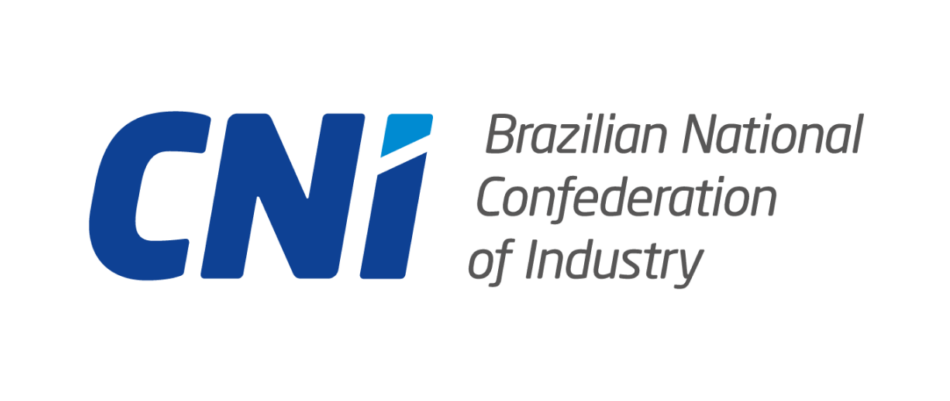
The Brazilian National Confederation of Industry (CNI)
CNI is the main representative of Brazilian industry, with the mission of increasing the sector’s competitiveness through human, technological and sustainable development. The CNI works to ensure a favourable environment for industries to adopt circular economy practices in their processes and products.
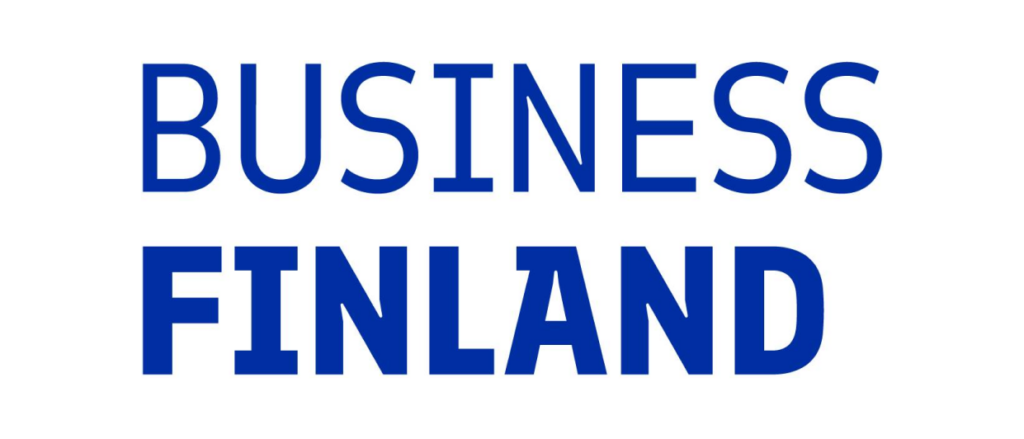
Business Finland
Business Finland is a government organisation for innovation funding and trade, travel and investment promotion. By accelerating companies’ sustainable growth, Business Finland generates prosperity and well-being for the Finnish society.
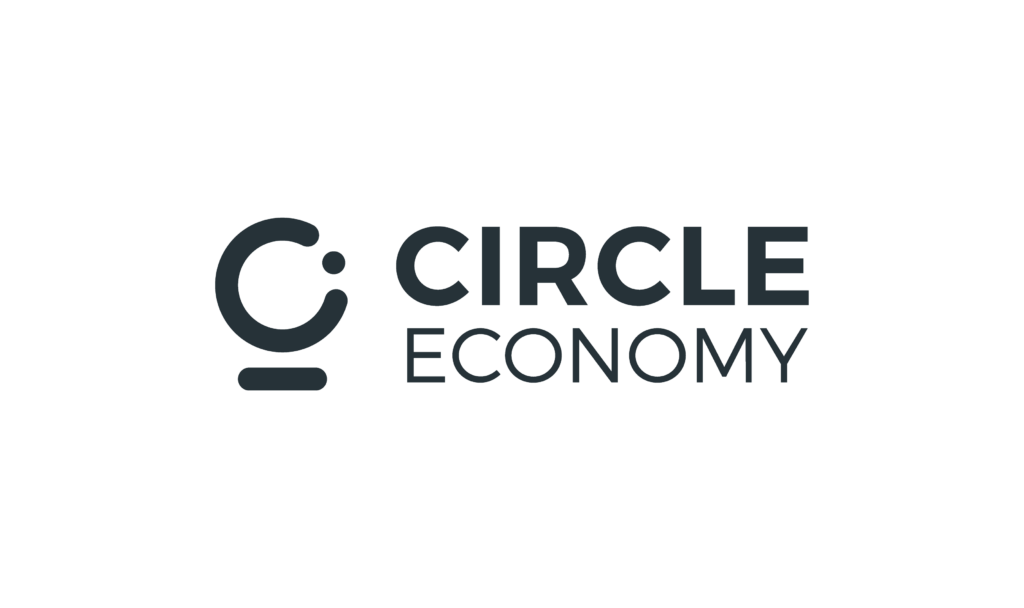
Circle Economy Foundation
Circle Economy is a global impact organisation with an international team of passionate experts based in Amsterdam, The Netherlands. We empower industries, cities and nations with practical and scalable solutions to put the circular economy into action. Our vision is an economic system that ensures the planet and all people can thrive. To avoid climate breakdown, our goal is to double global circularity by 2032.
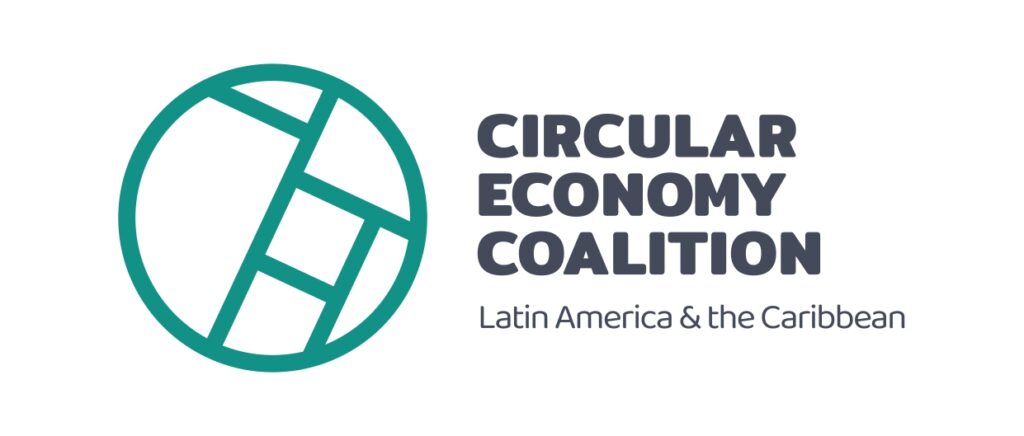
The Circular Economy Coalition for Latin America and the Caribbean (CEC)
The CEC is a regional platform to enhance inter-ministerial, multi-sectoral and multi-stakeholder cooperation, as well as to increase knowledge and understanding of the circular economy. It provides training and technical assistance for the development of public policies related to the circular economy and sustainable consumption and production.
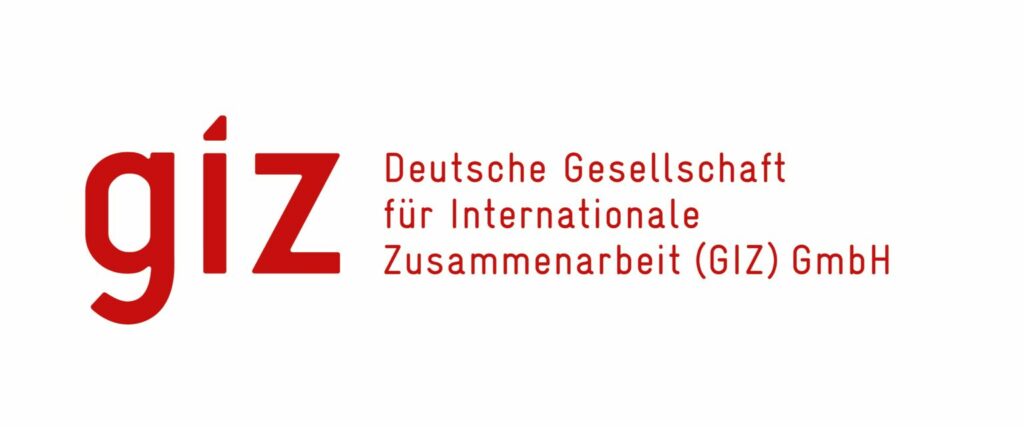
Deutsche Gesellschaft für Internationale Zusammenarbeit (GIZ) GmbH
As a service provider in the field of international cooperation for sustainable development, GIZ supports the transition to a circular economy worldwide. In more than 30 projects across 20 countries, GIZ cooperates with governments, research institutes and the private sector, and focuses on scaling innovative circular solutions both in production and consumption. Priority areas are climate-sensitive approaches, private sector involvement, environmental protection and marine litter prevention. GIZ works on behalf of the German government, the EU and international companies.

Ellen MacArthur Foundation
The Ellen MacArthur Foundation is an international charity that develops and promotes the circular economy to tackle some of the biggest challenges of our time, such as climate change, biodiversity loss, waste and pollution. We work with our network of private and public sector decision-makers, as well as academia, to build capacity, explore collaborative opportunities, and design and develop circular economy initiatives and solutions. Increasingly based on renewable energy, a circular economy is driven by design to eliminate waste, circulate products and materials, and regenerate nature to create resilience and prosperity for business, the environment and society.
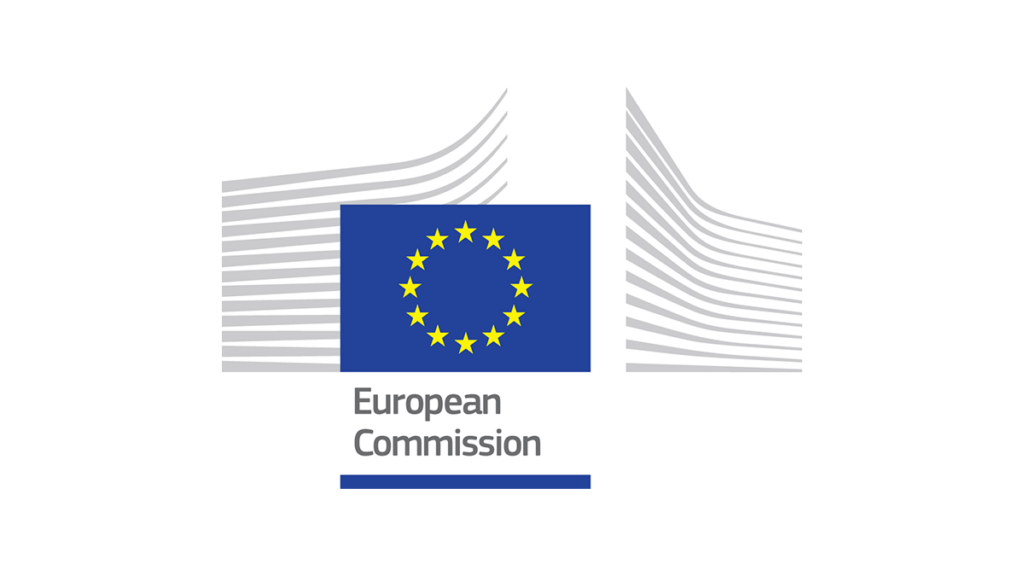
European Commission
The European Commission is the executive body of the European Union (EU). The circular economy is a cornerstone of the EU’s strategy to ensure clean growth, enhance economic resilience and achieve climate neutrality by 2050. In line with the European Commission’s Circular Economy Action Plan, the EU is promoting a comprehensive set of measures to transform the way products are designed, produced and used, preventing waste and keeping the value of resources in the economy for as long as possible. Through the Global Gateway strategy, the EU and its member states (Team Europe) also invest in circular, smart and secure links with partner countries around the world. The European Commission stands ready to enhance its partnerships with key stakeholders to advance the circular economy transition, with the support of the EU Circular Economy Resource Centre.
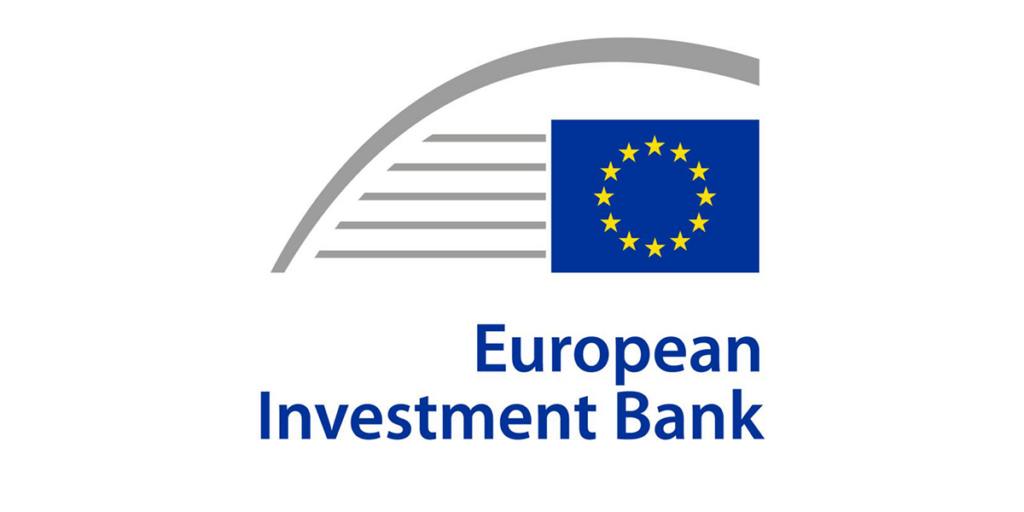
European Investment Bank (EIB)
The EIB is the long-term lending institution of the European Union owned by its member states. It provides long-term capital and advisory support for sound investments that contribute towards EU policy goals. From 2020 to 2024, we provided €5.1 billion to co-finance 153 circular economy projects in a variety of sectors. The EIB Group, which also includes the European Investment Fund (EIF), signed nearly €89 billion in new financing in 2024. The projects we finance are in line with the Paris Climate Agreement, as pledged in our Climate Bank Roadmap. Almost 60% of the EIB Group’s annual financing supports projects directly contributing to climate change mitigation, adaptation and a healthier environment.
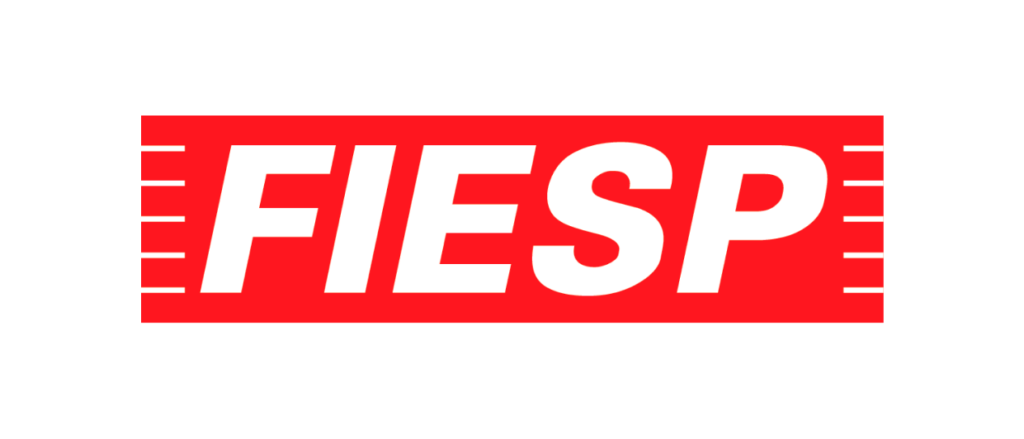
Federation of Industries of the State of São Paulo (FIESP)
FIESP is the institution that represents the industrial sector in the state of São Paulo, the main economic hub of Brazil. FIESP works in favour of the national economy, promoting industrial development and recognising the fundamental role of industry in the transition to a circular economy.
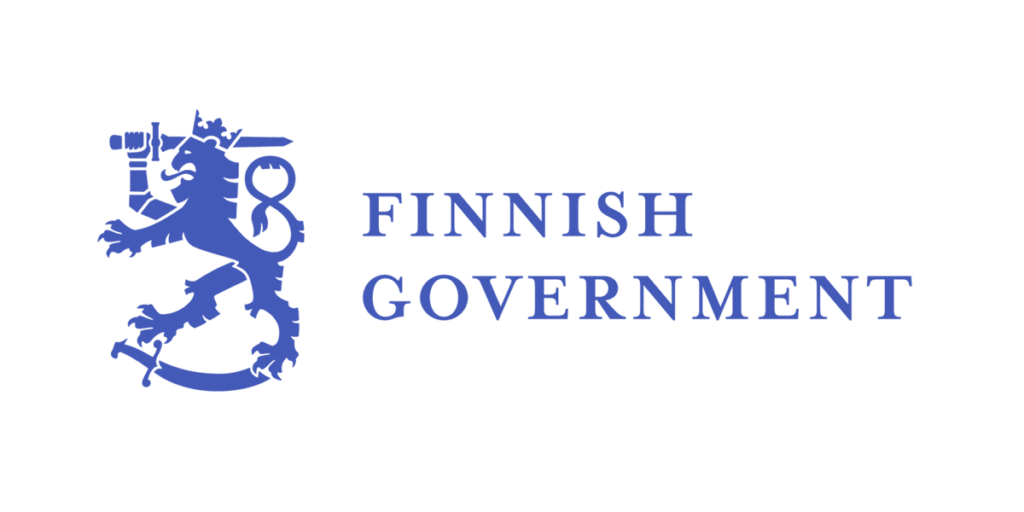
Government of Finland
The Finnish Government is a committed supporter of the WCEF. We prioritise the circular economy: we have decided to become carbon neutral by 2035 and to set a cap to curb the overconsumption of natural resources. We are working actively to implement our Strategic Programme for Circular Economy to boost the productivity of resources and circular material use. The transition to a circular economy is not possible without collaboration, innovation and sharing best practices globally. WCEF2025 provides a global venue for discussions and presenting the world’s best circular economy solutions to inspire others and serve as a catalyst for further progress worldwide.
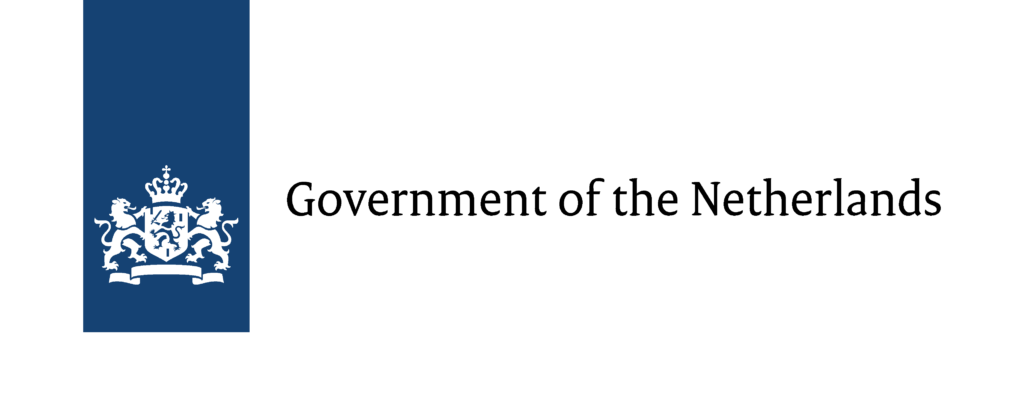
The Government of the Netherlands
The Government of the Netherlands is a proud partner of the World Circular Economy Forum. The circular economy is a key instrument to address the triple planetary crises, achieve sustainable growth and increase strategic autonomy. The Netherlands has set the target of achieving a circular economy by 2050. A circular economy is only achievable if we work together, and only if the private sector and public authorities join forces. The Netherlands sees the WCEF as a vital platform that brings together governments, business and knowledge partners globally to streamline our common direction towards circularity.

Inter-American Development Bank (IDB)
The Inter-American Development Bank (IDB) is devoted to improving lives in Latin America and the Caribbean. Established in 1959, the IDB partners with the public sector in the region to design and provide innovative, high-impact solutions for sustainable and inclusive development. Through financing, technical experience and knowledge, it drives growth and well-being in 26 countries.

IDB Invest
IDB Invest is a multilateral development bank committed to promoting the economic development of its member countries in Latin America and the Caribbean through the private sector. IDB Invest finances sustainable companies and projects to achieve financial results and maximize economic, social, and environmental development in the region. With a portfolio of $21 billion in assets under management and over 394 clients in 25 countries, IDB Invest provides innovative financial solutions and advisory services that meet the needs of its clients in a variety of industries.
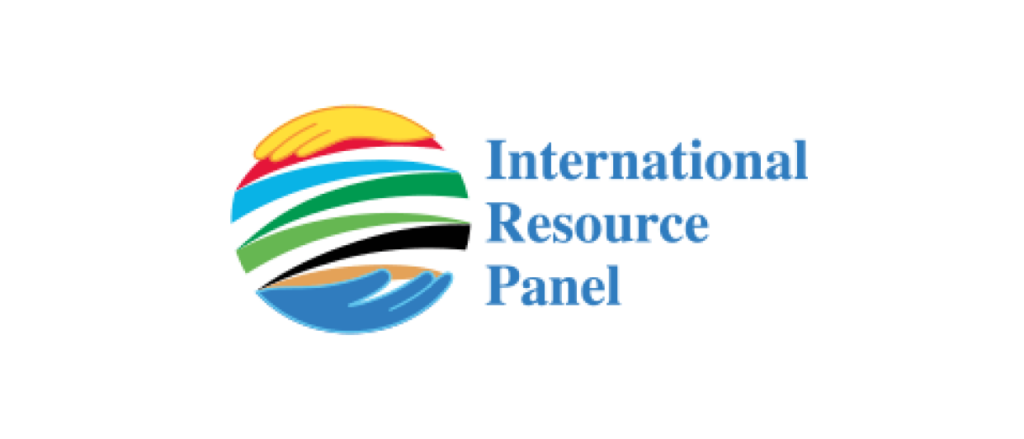
International Resource Panel
The International Resource Panel was launched by the United Nations Environment Programme in 2007 to build and share the knowledge needed to improve our use of resources worldwide. The Panel consists of eminent scientists, highly skilled in resource management issues from both developed and developing regions, civil society, industrial and international organisations. Their reports distil the latest scientific, technical and socio-economic findings around global resource use.
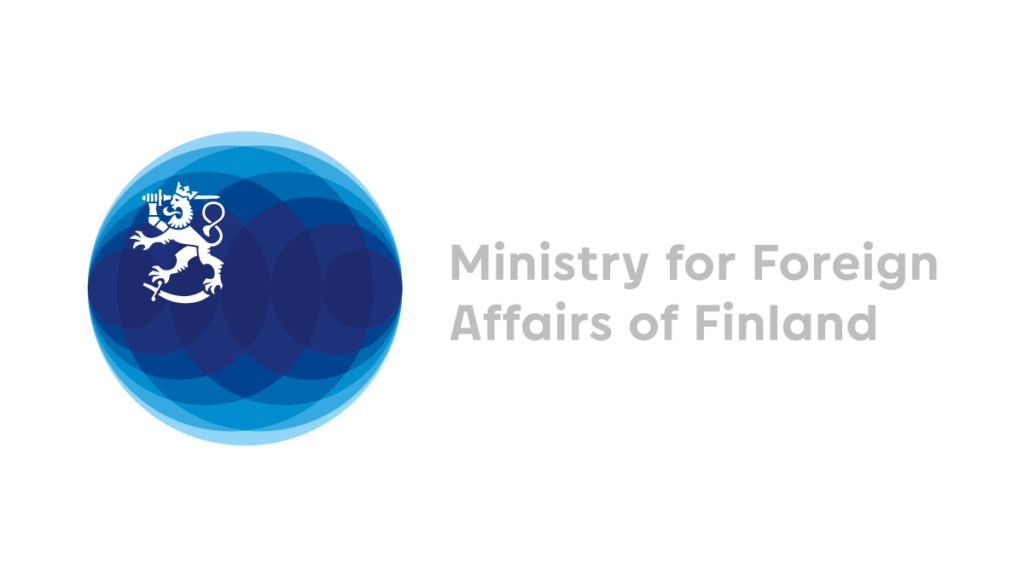
Ministry for Foreign Affairs of Finland
Finland and the Ministry for Foreign Affairs use international co-operation to promote the transition towards a carbon neutral, resource efficient circular economy in various policy areas and fora. We increase the carbon handprint by promoting Finnish solutions and technologies going beyond the ambitious national carbon neutrality target of 2035.

Ministry of Development, Industry, Trade and Services (MDIC)
The Ministry of Development, Industry, Trade and Services (MDIC) is an agency of the direct federal public administration responsible for the development policy of industry, trade, and services; intellectual property and technology transfer; metrology, standardization, and industrial quality; foreign trade policies; regulation and execution of programs and activities related to foreign trade; implementation of trade defense mechanisms; participation in international negotiations related to foreign trade; and the development of the green economy, decarbonization, and bioeconomy within the scope of industry, trade, and services.

Industry Social Service (SESI-SP)
The Social Service of Industry (SESI) is a private legal entity, under civil law, structured on a federative basis to provide social assistance to industrial workers and related activities throughout the country. SESI plays a fundamental role in Brazil’s social development, actively contributing to the improvement of quality of life for industrial workers, their families, and the community at large through its services in the areas of education, health, leisure and sports, culture, nutrition, and more. It is also a partner to companies, offering active support in the implementation and development of social benefit projects for employees.

National Industrial Training Service (SENAI)
SENAI’s mission is to promote professional and technological education, innovation, and the transfer of industrial technologies, contributing to enhancing the competitiveness of Brazilian industry. SENAI is the largest innovation and technology structure for the industry in Brazil, offering state-of-the-art infrastructure that develops customized technological solutions for industrial challenges in various themes, including the circular economy.
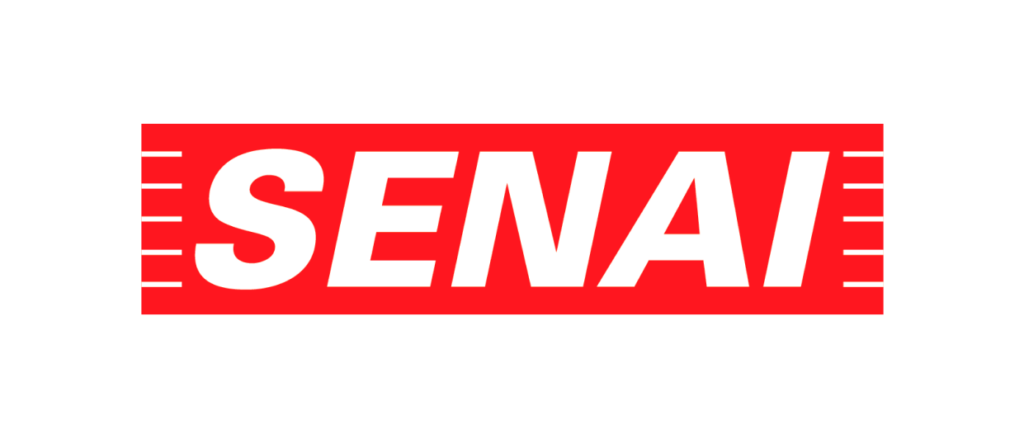
National Industrial Training Service (SENAI-SP)
SENAI-SP has the mission of boosting the competitiveness of the Brazilian industry through professional education, innovation, technology, and industrial entrepreneurship actions. Its work in the circular economy first focuses on internal initiatives, aiming to achieve circularity in its processes. It also includes external actions, with education and technology programmes to bring circular economy concepts to society and industry.
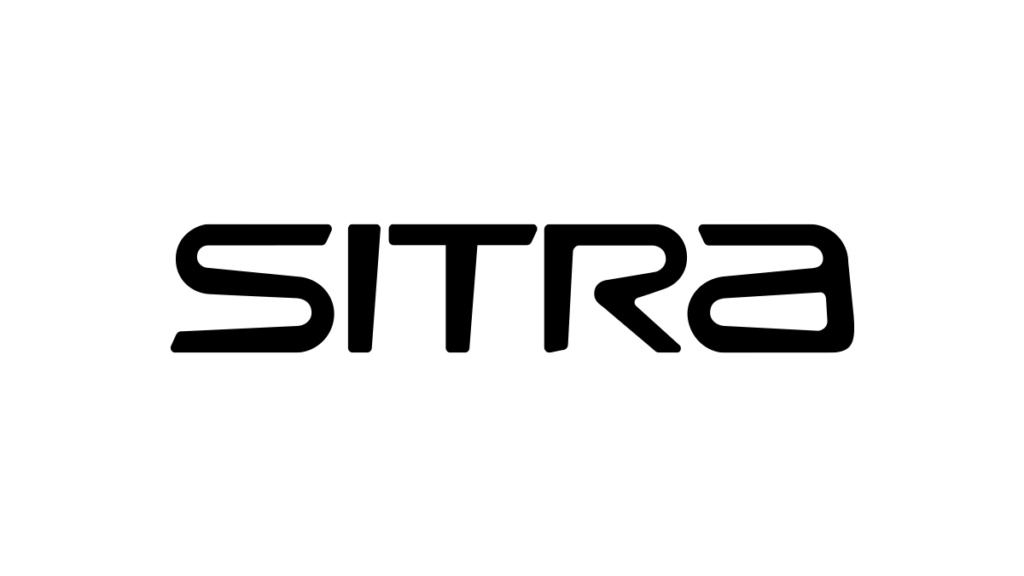
Sitra, the Finnish Innovation Fund
Sitra is an active fund for the future addressing societal challenges that shape our world. Together with partners we develop solutions, enhance well-being and boost economic growth within earth’s carrying capacity. Founded in 1967, we are an independent public fund operating directly under the supervision of the Finnish Parliament. Sitra has received global recognition for accelerating the world’s transition to a circular economy and is the founder of the World Circular Economy Forum.
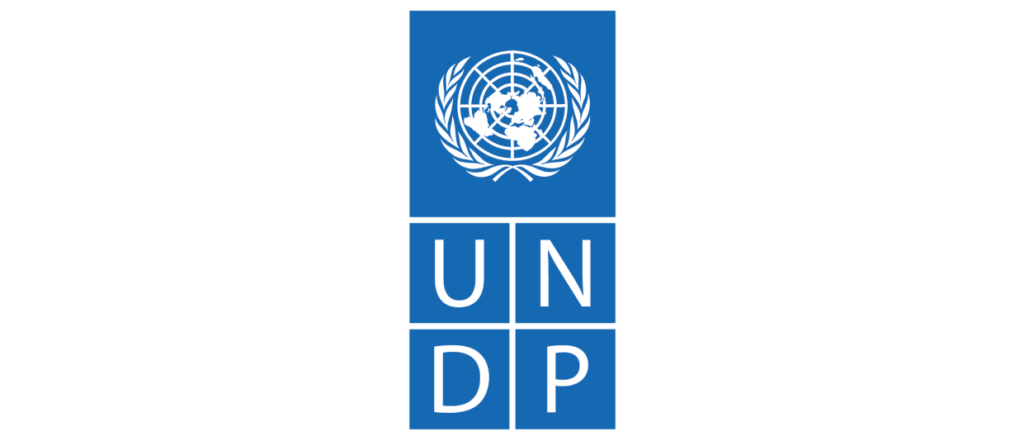
United Nations Development Programme (UNDP)
UNDP is the leading United Nations organisation fighting to end the injustice of poverty, inequality and climate change. Working with our broad network of experts and partners in 170 countries, we help nations to build integrated, lasting solutions for people and the planet. In line with the UNDP strategic plan, our moonshots, Nature Pledge and Climate Promise, this includes a focus on advancing circular and green/blue economy approaches through an inclusive, just transition that leaves no one behind.
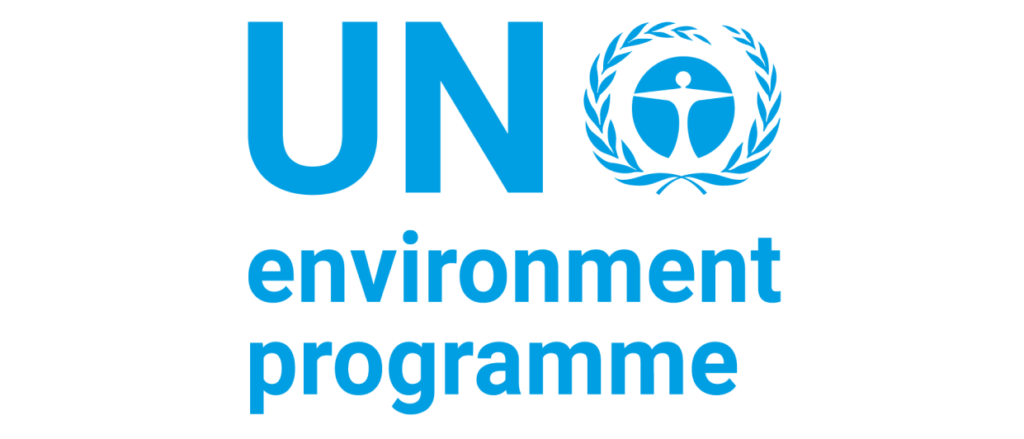
United Nations Environment Programme
The United Nations Environment Programme (UNEP) has since its inception in 1972 been the global authority that sets the environmental agenda, promotes the coherent implementation of the environmental dimension of sustainable development within the UN system and serves as an authoritative advocate for the global environment. UNEP’s mission is to provide leadership and encourage partnership in caring for the environment by inspiring, informing and enabling nations and peoples to improve their quality of life without compromising that of future generations.
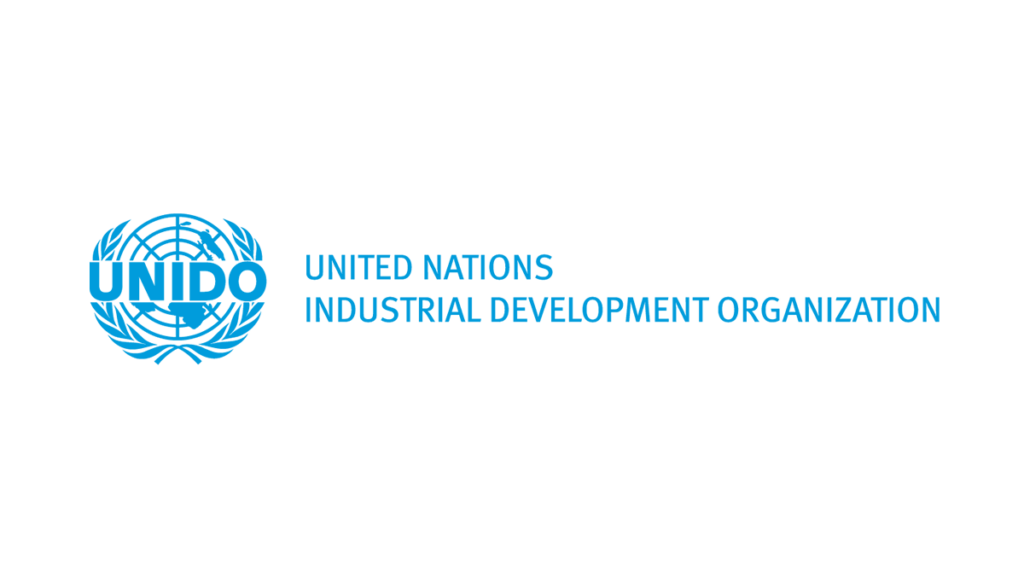
United Nations Industrial Development Organization (UNIDO)
UNIDO is the specialised agency of the United Nations with a mandate to promote and accelerate sustainable industrial development. Our mandate is reflected in Sustainable Development Goal (SDG) 9: “Build resilient infrastructure, promote inclusive and sustainable industrialisation and foster innovation”, but UNIDO’s activities contribute to all the SDGs. UNIDO’s vision is a world without poverty and hunger, where industry drives low-emission economies, improves living standards and preserves the liveable environment for present and future generations, leaving no one behind.
UNIDO promotes and implements circular economy principles and resource efficiency practices through technical cooperation, action-oriented research and policy advisory services, normative standards-related activities, and the fostering of partnerships for knowledge and technology transfer.
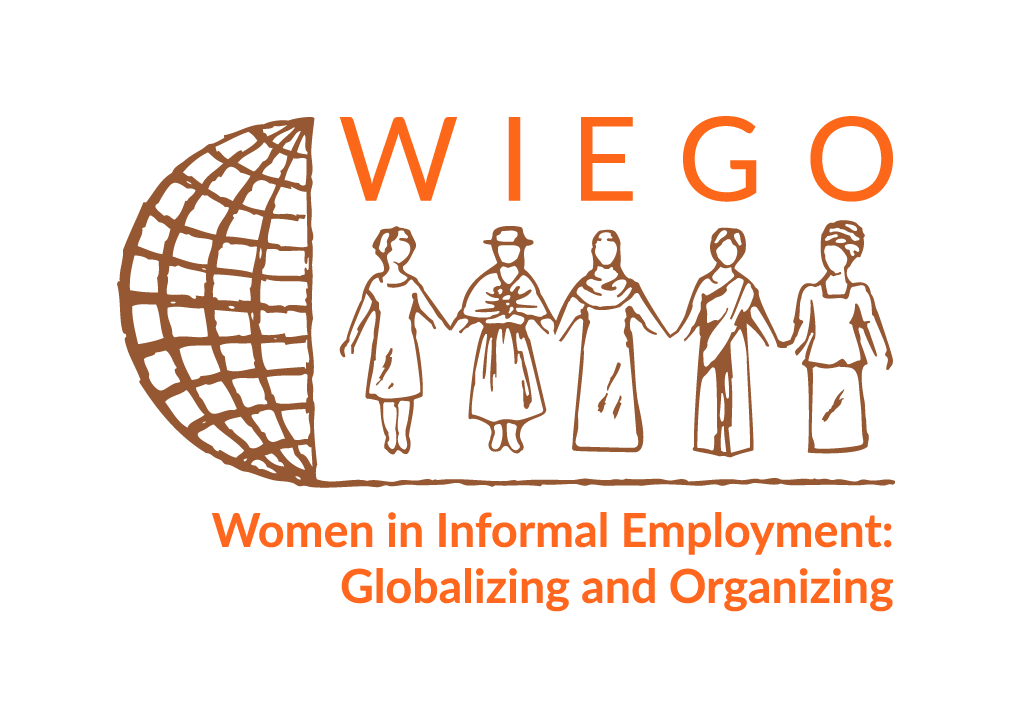
Women in Informal Employment: Globalizing and Organizing (WIEGO)
WIEGO is a global network focused on empowering the working poor, especially women, in the informal economy to secure their livelihoods. We believe all workers should have equal economic opportunities, rights, protection and voice. WIEGO promotes change by improving statistics and expanding knowledge on the informal economy, building networks and capacity among informal worker organisations and, jointly with the networks and organisations, influencing local, national and international policies.
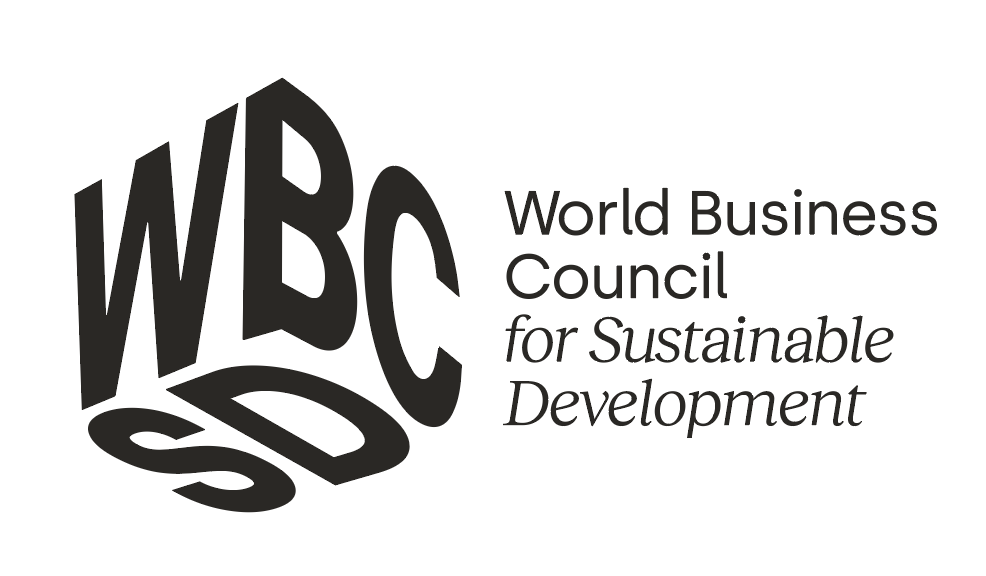
World Business Council for Sustainable Development (WBCSD)
The World Business Council for Sustainable Development (WBCSD) is a global community of over 225 of the world’s leading businesses driving systems transformation for a better world in which 9+ billion people can live well, within planetary boundaries, by mid-century. Together, we transform the systems we work in to limit the impact of the climate crisis, restore nature and tackle inequality.
We accelerate value chain transformation across key sectors and reshape the financial system to reward sustainable leadership and action through a lower cost of capital. Through the exchange of best practices, improving performance, accessing education, forming partnerships, and shaping the policy agenda, we drive progress in businesses and sharpen the accountability of their performance.

World Economic Forum
The World Economic Forum’s Circularity and Resource Economics impact area focuses on transforming economic systems to enhance the use of resources and their value-added derivatives, aiming to maximise the environmental and societal performance of materials through circular and other resource-efficient models.
